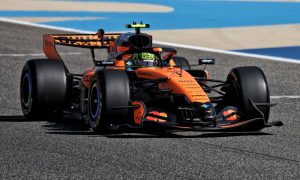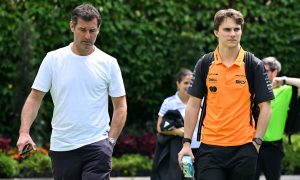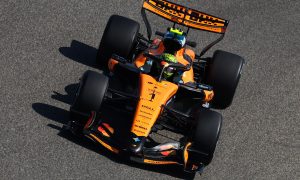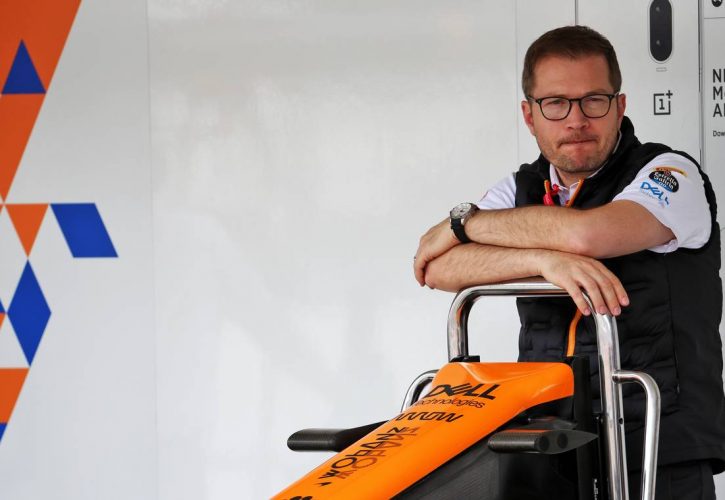
McLaren says that it intends to match the top three Formula 1 teams in terms of expenditure once the sport's new budget cap comes into effect in 2021.
From next year, teams will have to keep their spending to under $175 million per season. That will certainly cramp the style of teams like Mercedes, Ferrari and Red Bull who are used to being able to spend their way to success but is still a figure that the smaller teams on the grid can only dream of having on hand.
However for the resurgent McLaren team, which finished 2019 as 'best of the rest' in fourth place in the constructors standings, the budget cap represents a unique opportunity to get on equal terms with the top teams.
"There's a clear commitment that we will run at the budget cap because obviously that's the only chance to be able again to fight the big ones," team principal Andreas Seidl told Autosport magazine this week.
"You need to be on a level playing field in terms of budget," he explained. "[So] we will run at the budget cap, because obviously that's the only chance to be able again to fight the big [teams]."
But despite McLaren's commitment to matching the top teams in terms of expenditure in 2021, Seidl ruled out front-loading the effort by throwing even more money into their operation this year before the budget cap takes effect.
Seidl said that even if the team was handed an extra million dollars in 2020, there was only so much that was realistically achievable in the situation.
"You first need to be able to digest that and put a structure in place that actually can produce more output in this short period of time," he explained.
"In the end there's a limitation placed on the [computational fluid dynamics] side, on the windtunnel side," he continued. "There's only so much you can do, and aero will in the future be the key performance differentiator.
"This is why I'm not too worried about the budget gap not being in place in '20," he continued. "[I'm] also not too worried about the quotes I'm reading at the moment that it will be the most expensive year ever for the top three teams."
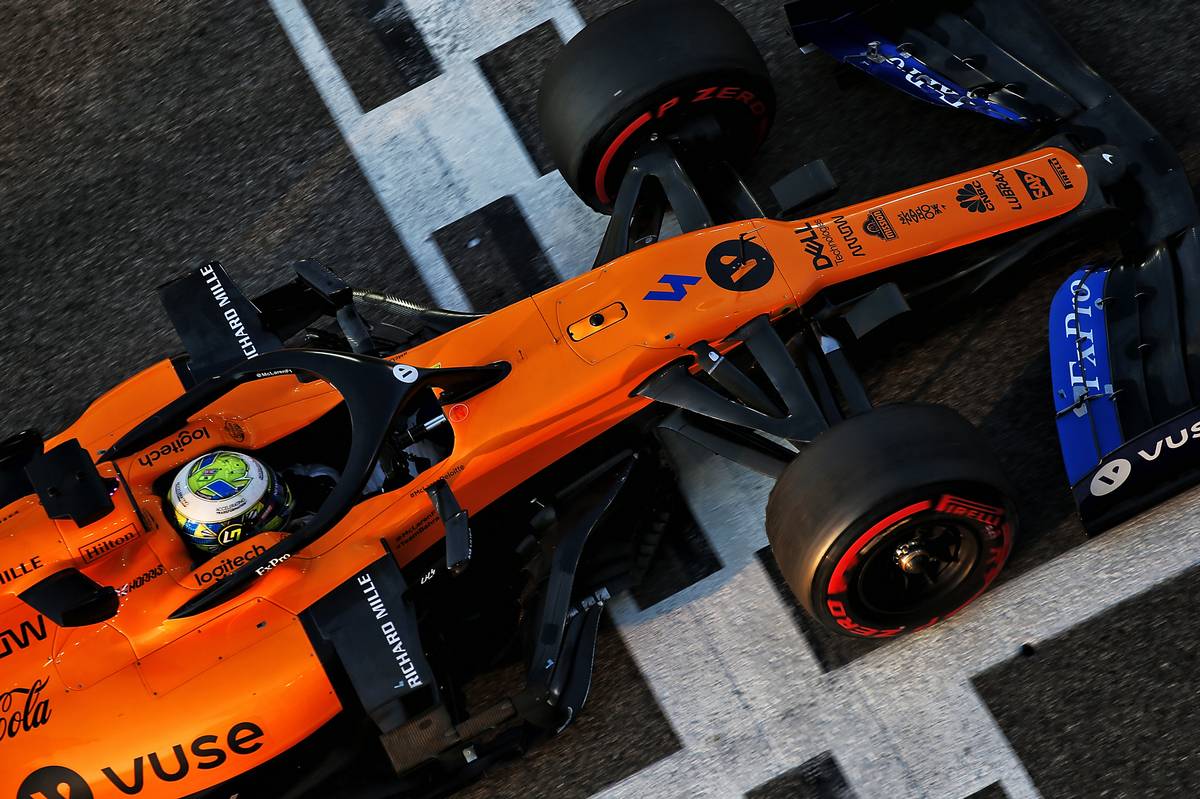
In addition, McLaren ends its engine partnership with Renault with a return to Mercedes power units from 2021, which will limit the advance development work that can be crammed into the next 12 months.
Formula 1 CEO Chase Carey has also said that he's not concerned about the top teams throwing money at the problem this year before the new rules take effect.
"In 2020, all the teams will participate in effectively a dry run in terms of shaking out the bugs of accounting for the costs," Carey predicted in October. ""Some teams had concerns or issues going on but they are increasingly supportive."
But neither the new budget gap nor a wide-ranging overhaul to F1's sporting and technical regulations is going to close the gap between the bigger and smaller teams overnight.
"They will have a head start simply because of where they are right now," acknowledged Seidl of the current advantage held by the Big Three squads.
"They do a better job they have better methodologies in place, they have better processes in place and so on," he added.
With that in mind, Seidl confirmed last week the latest changes in the McLaren management structure with the promotion of engineer Andrea Stella to the role of racing director.
"We have to keep this momentum up and simply have to keep on pushing in order to achieve our ambitious targets," he noted.
Gallery: The beautiful wives and girlfriends of F1 drivers
Keep up to date with all the F1 news via Facebook and Twitter




